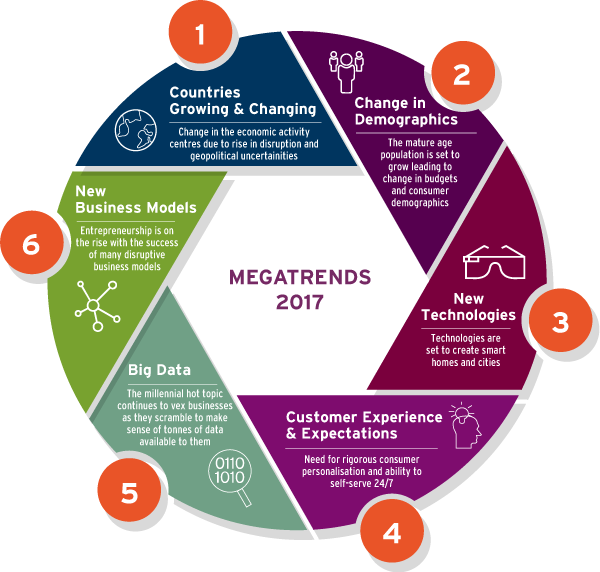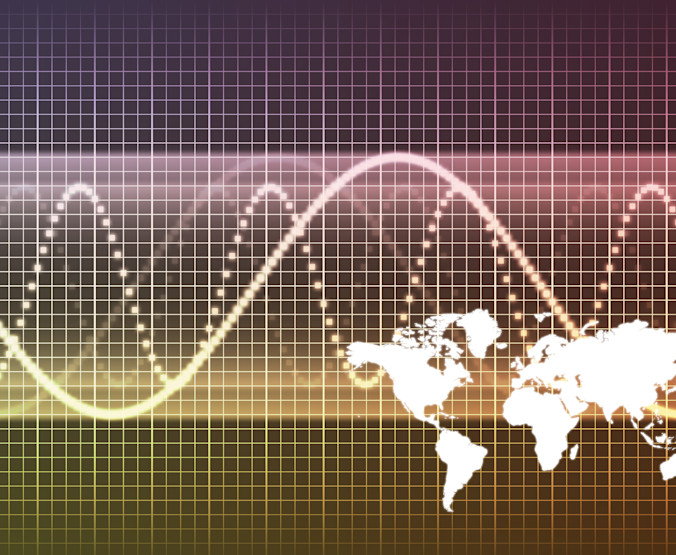
1. Countries growing and changing
Geopolitical uncertainty will continue in 2017. We will see more dramatic changes increasing instability and fragmentation, as witnessed last year with Brexit and the US presidential election. Currency fluctuations, differing regulatory environments and varying consumer views will provide challenges to businesses. More disruption and opportunities will be created from emerging economies in Asia, Latin America and Africa. Increasing middle class means higher spend on services, increasing competition and opportunities to create new markets. In dealing with this ever changing landscape, organisations need to manage risk through diversification, while becoming more nimble, and most importantly having a clear strategic focus.
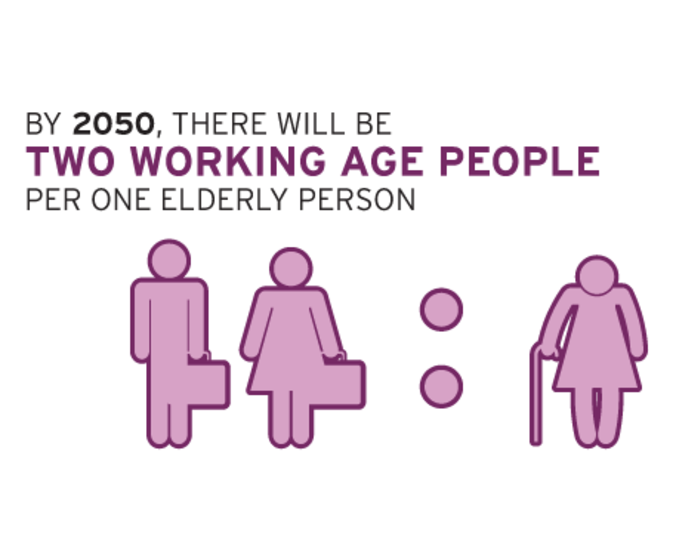
2. Change in demographics
Population is growing at an unprecedented rate. In 2009 there were 7.4 billion people and by 2040 it is projected to be 9 billion. People will live longer and the ageing will outweigh the working population. By 2050 there will be only two working age people for every elderly person. There is an opportunity for businesses to encourage people over 50 to have greater participation in the workforce by developing digital skills and increasing workplace and retirement flexibility.
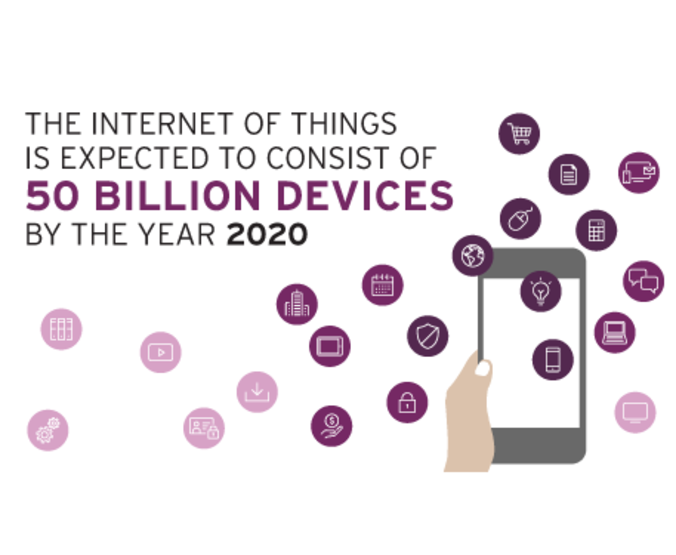
3. New Technologies
As artificial intelligence accelerates, many industries will be at risk of automation. This will see the future workforce focus on tasks requiring human strengths such as reasoning and emotional intelligence. Growth in the wearables market will continue and will be more entwined in everyday fashion. Conductive fabrics or sensor-clad smart garments will become more wide spread, while ingestibles will gather mass amounts of information on our health. Customer expectations will continue to increase with the acceleration of the Internet of Things (IoT). 50 billion devices are expected to be connected by the year 2020. The future is 'smart homes and cities' with near limitless network connectivity of everyday objects such as phones, appliances and cars. Organisations that are able to connect experiences through all touch points will continue to differentiate and engage consumers.

4. Customer experience and expectation
Customer's expectations continue to increase. Experiences that surround a product or service are as important as the product itself. They expect these experiences to be personalised, consistent and available across all channels, both digital and analog, from anywhere at any time. A unified view is essential. Success depends on how well these channels are organized and connected to deliver a seamless experience. Customers expect to be treated as individuals and have everything they need, when they need it. Their ability to self-service and customise the experience is crucial as they want to be more informed and in charge of how they engage. Not every customer needs assistance with simple queries, many prefer to learn and help themselves. As a result businesses need to provide flawless support 24/7.
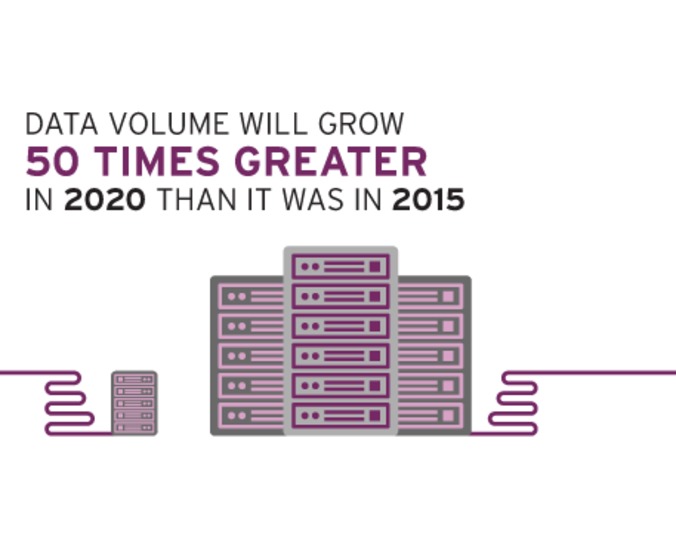
5. Big Data
'Big Data' will continue to play a key role in business' ability to deliver great customer experiences. The volume of data will grow even more with the increase in new technologies such as wearables, mobile devices and the IoT. However having big volumes of data isn't necessarily better. It's what businesses do with the data that's important. An opportunity exists for businesses to translate the data into actionable insights. One of the biggest expectations from customers will be receiving answers or an approval for an application straight away using real-time data collection and analysis. Businesses that are not quick to respond will lose new and existing customers to competitors.
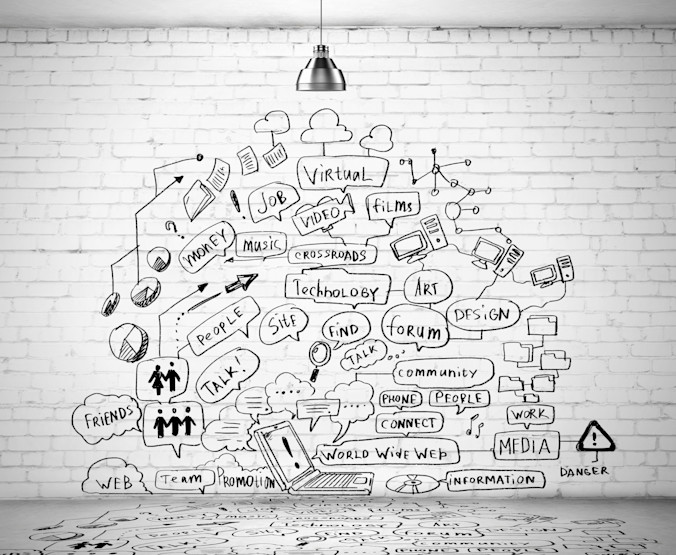
6. New Business Models
Today new business models and disruption almost go hand in hand. In the last few years we have seen the rise of new models including: Subscription and shareconomy based models which have created new forms of revenue generation. Think Netflix, Uber, Airbnb and HelloFresh. The freemium model, which allows customers to have a basic service for free and then pay to upgrade, has allowed businesses to build a large customer base. We have seen this implemented successfully by Dropbox, LinkedIn and Spotify. The democratisation of coding, crowdsourcing, peer-to-peer lending have enabled numerous start-ups with great ideas to take-off. More innovative and disruptive ventures are expected to develop, disrupting businesses globally. Businesses need to continuously be at the forefront by becoming disruption thought leaders.

General Manager Digital & Solutions
Lisa McAndrew
Lisa McAndrew has over 13 years’ experience in creating and executing digital strategies for global corporations as well as start-ups. She has consulted and delivered numerous projects on digital disruption, transformation, innovation, marketing strategies, customer centred design and new ways of working such as agile and rapid prototyping. Lisa most recently founded the Digital Disruption and Innovation hubs within Bupa Australia and UK.
